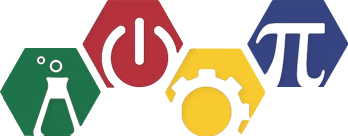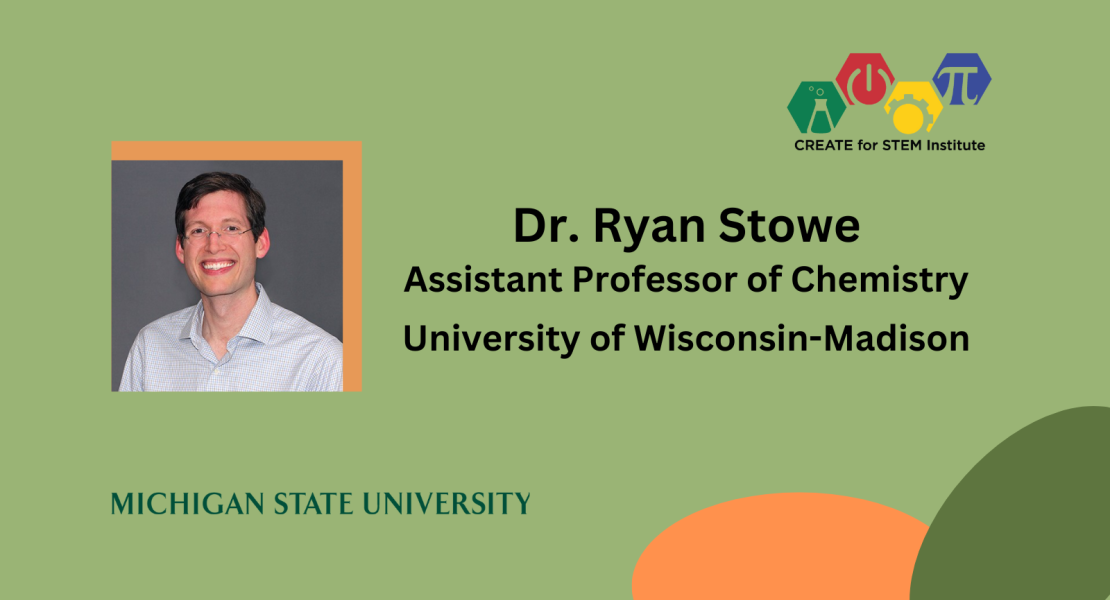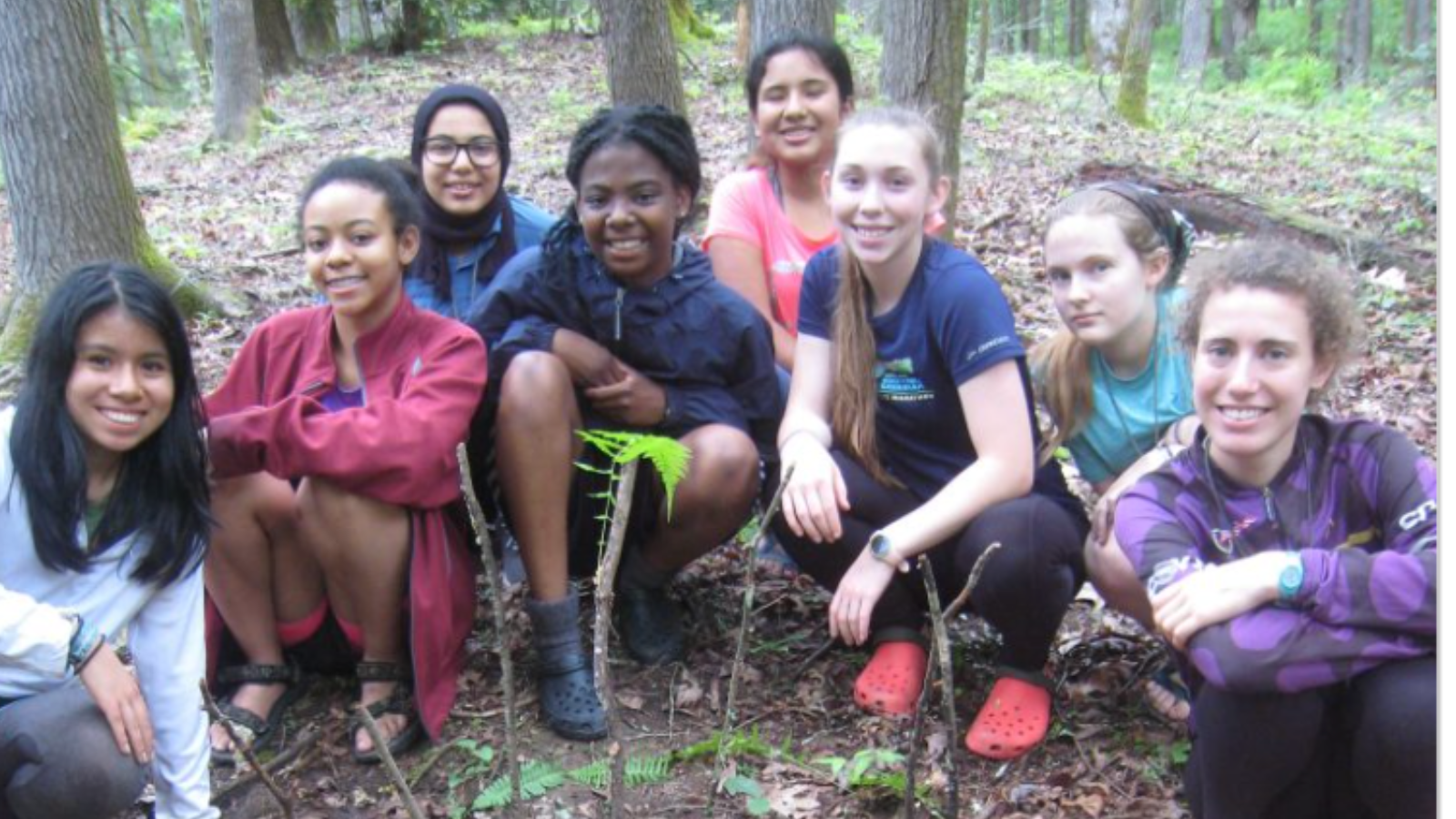NSTA in Philadelphia, March 26-29, 2025
The Annual NSTA will be in Philadelphia, PA this year, March 26-29 with the theme of 'For the Love of Science Education'. With sessions designed by educators, for educators, participants will walk away with a toolkit of practical, engaging strategies ready to apply in your classroom, school, or district!




